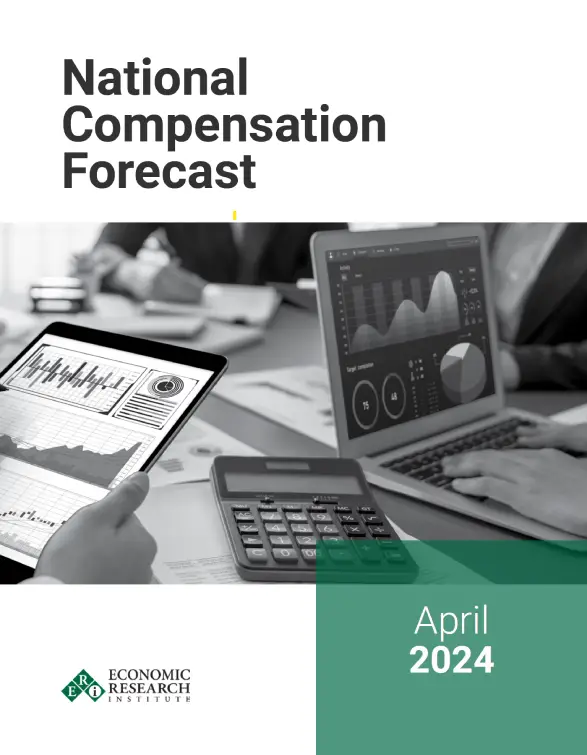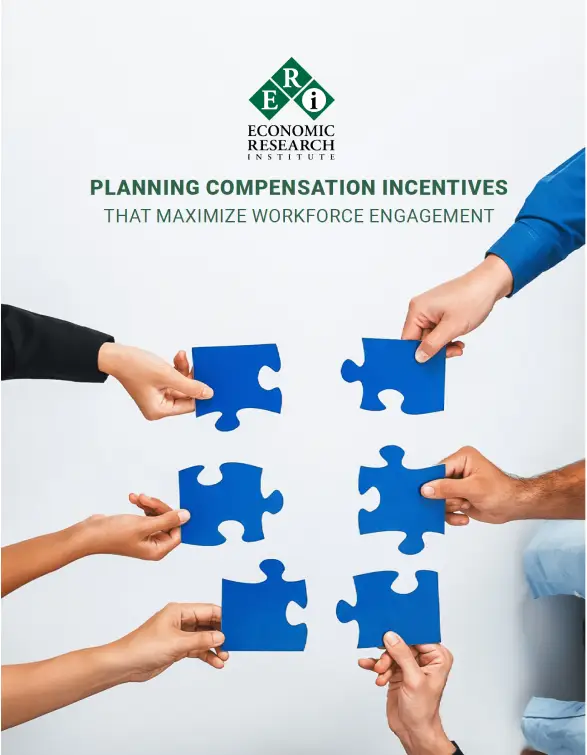What Exactly Is Compensation Benchmarking?
Compensation benchmarking is best defined as the process of applying external market data to make fair and competitive compensation decisions. It may even influence strategy, policies, and practices. When compensation benchmarking is effectively used, companies can then attract top talent and pay competitive compensation rates, while maximizing their budget.
The Benefits of Compensation Benchmarking in the Hiring Process
- Finalizing New Hire Compensation Packages: By referencing similar jobs in companies within the same industry, geographic location, and size (e.g., revenue for management jobs), your company is more likely to attract qualified talent using competitive market rates. Here’s an example of how market data can be used to set a new hire compensation package:
A screen shot is provided below for a Buyer with 8 years of experience in Chicago, IL, in All Industries—Diversified. The report indicates a median base pay of $74,895.

- Avoiding Loss: Labor is typically the largest expense within a business and impacts an organization’s ability to attract and retain top talent. Obtaining reliable, accurate market data is critical to an organization’s bottom line.
For example, if a business pays $10,000,000 in annual compensation expenses, being just 1% over the competitive labor market may result in additional costs of $100,000 or even more. Also, the high cost of voluntary turnover can be controlled through market-competitive pay rates. These are just two examples. The cost of a quality salary survey will clearly pay for itself through the results achieved.
- Formalizing Job Descriptions: Formal job descriptions allow your organization to accurately match jobs in your organization to survey data. These descriptions are also the first pieces of information that potential new hires will come across during the staffing process. Taking the time to formalize your job descriptions will ensure that you are comparing apples to apples when you benchmark your jobs. Furthermore, defining the primary purpose, essential functions, basic and preferred qualifications, and work environment sets the precedent for what is to be expected from a potential employee. This not only supports in hiring the right employee, but also plays an important role in on-boarding, training, and performance management.
Whether you are in the process of hiring new employees or restructuring your current pay strategy, implementing compensation benchmarking will result in a more accurate and effective solution. In addition to avoiding many of the negative effects of over- and under-paying, such as external or internal inequity, organizations will experience many of the benefits of market competitive compensation, including a healthy turnover rate, a fair and competitive budget, a positive working environment, and increased employee engagement.
ERI Economic Research Institute compiles the most robust salary, cost-of-living, and executive compensation survey data available, with current market data for more than 1,000 industry sectors.
ERI’s Assessor Series® – Solutions for every compensation decision




